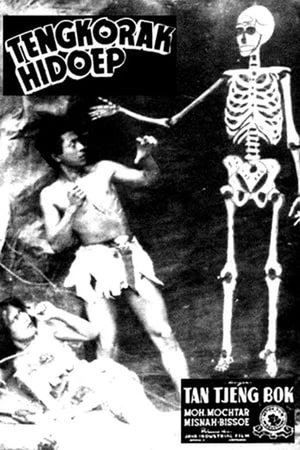- Details
- Media
Born in Jakarta, Died in Jakarta. Education : Chinese Hew Kwan, Jakarta; Middle School in America; Screenwriting Course, Palmer Theater Play, America. When they were studying in America in the early 1920s, Teng Chun and his schoolmate Fred Young were already interested in films. Often play in the studio and together learn to write scenarios. In 1925-1930 Teng Chun was in Shanghai to vote for films made in that country which his father would import to Indonesia. In Shanghai, he also had the opportunity to try out making films. Among his works are: "Whell of Desteny", a silent film. When he returned to Indonesia in 1930, he founded the film company "Cino Motion Picture", without the support of his rich father, because his father thought it was better to import it. But Teng Chun felt a certain satisfaction in making it yourself.
The company's first production was "Bunga Roos Dari Tjikembang" (1931). Sound films made with a Single System camera can instantly record sound, which he made himself in Bandung. This production is entirely done by himself, starting from the story, the director, the camera and so on. The results are not good, especially the sound is very bad. Until it took him a year to "breathe" and fix his camera. Subsequent films made were based on classic Chinese stories, such as Sampek Engtay, Ouw Pe Coa or the See You series, stealth stories. The choice of this story could help the company survive bankruptcy, it turns out that the Chinese Peranakan audience liked this story and the language they could understand.
So in 1935 he was able to buy new equipment and changed the company name to Java Industrial Film (OF). He invited his younger siblings to join the company, and the division of tasks began, for voice interpreters, cameras, etc. This is the first time the filmmaking business has been organized as an industry. This company turned out to be the most resistant to all challenges. Since 1938 he changed the theme of the stories that were filmed with stories about life here (Java), starting with "Oh, Iboe" (1938). He also picked up the fixed stars, Moch. Mohtar and Hadidjah, since the making of "Alang-Alang" (1939), the first Indonesian Tarzan-style film.

